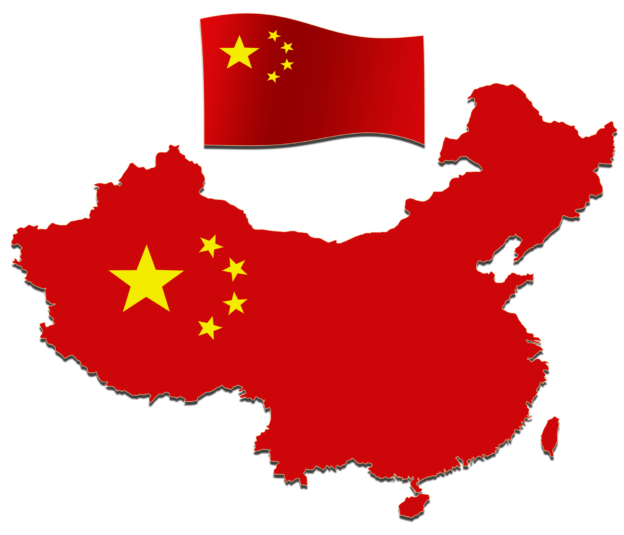On January 17, 2021, the Chinese authorities announced the implementation of an enhanced health control protocol on goods imported into their territory in the context of the Covid-19 pandemic.
Such control measures had already been implemented in the summer of 2020 but were limited to cold chain products. The notice 17 called “Protocol on Covid-19 prevention and control technologies applicable to producers and operators of imported goods in China” (only available in Mandarin at the moment) now provides for a reinforced sanitary protocol applicable to all imported goods.
It applies to all businesses involved in the processing, loading and unloading, transportation, storage, and sale of all types of goods imported into and traded in China.
It is primarily targeting the goods themselves, whose packaging must be tested for the detection of Covid-19 via nucleic acid tests. As these tests on goods are difficult to access outside China, the authorities allow operators to have them performed on site.
Practically speaking, goods must be accompanied by a complete certificate including licenses, quarantine certificates, and any other relevant information demonstrating that preventive sanitary measures have been implemented to ensure that the goods imported into China are not carriers of the virus. Operators are therefore responsible for controlling the entire supply chain from a sanitary point of view using a traceability system.
This certificate is under the jurisdiction of the local Chinese customs authorities.
The transportation of goods is carried out under strict conditions to ensure that the tested goods have not been in contact with other goods or a potentially infected person.
Once in China, unpacked goods must also undergo PCR testing for Covid-19 on samples by certified organizations.
In the event of a positive test, a contingency plan will be put in place.
If these goods are to be processed, then they must be subjected to an enhanced disinfection and quarantine process. If they are to be marketed, then a traceability system must be implemented.
This sanitary protocol must also be applied by importers within their premises, both to their staff and to their facilities. It involves the registration of new employees as well as the implementation of an internal procedure to ensure the respect of barrier actions, the isolation of infected persons and the control of outsiders entering the premises.
The various facilities on the importing company’s premises must also be regularly cleaned and disinfected.
It is therefore a particularly burdensome protocol that has led to major delays on site. It raises numerous implementation issues depending on the region, which has autonomy in this area. It is interpreted by some as a non-tariff measure and a barrier to trade contrary to WTO rules and could therefore be brought before the dispute settlement body. To be continued.
DS Avocats’ Customs and International Trade team is at your disposal to assist you or to provide you with any additional information.
CONTACT US:

